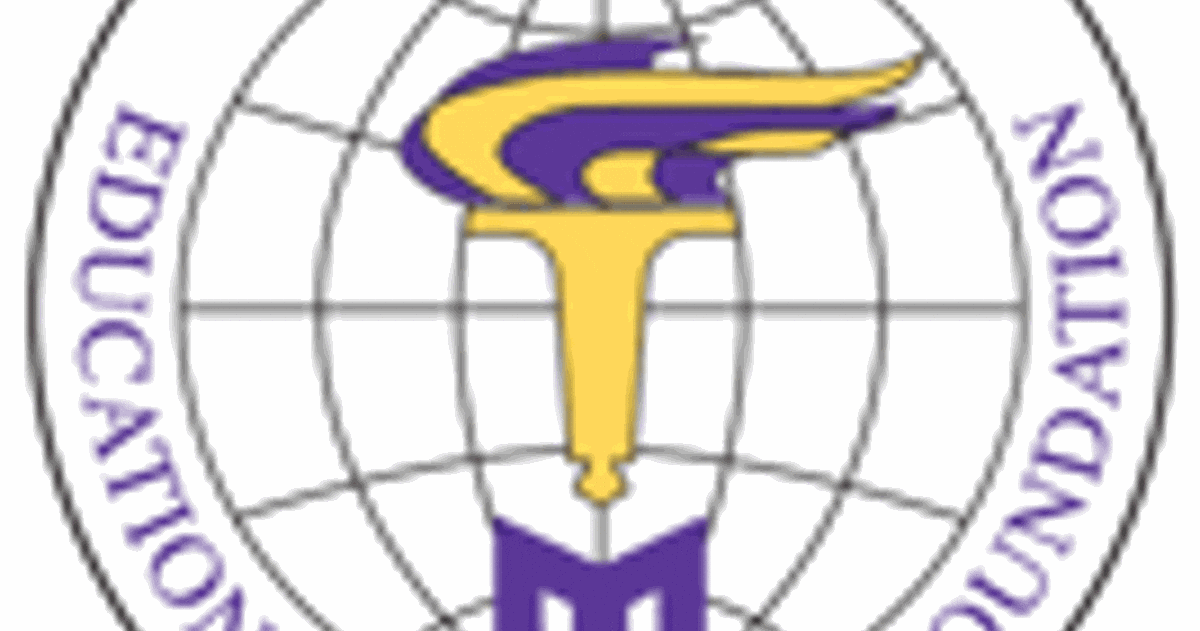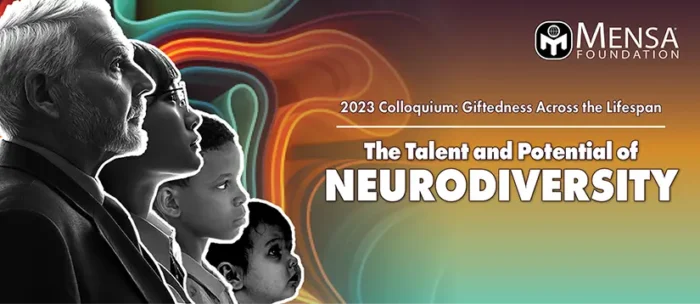When I was asked to write an article about the Mensa Education and Research Foundation’s finances, I immediately thought about how boring and disinteresting this topic could be to readers. I write a minimum of two reports a month for the Foundation Board of Trustees about our financial condition and include numbers and spreadsheets as supporting information.
To change from the format of my normal Treasurer’s report, I am going to say something I stated at a joint AMC-Foundation Trustee leadership workshop: Donating to the Mensa Education and Research Foundation is an investment in Mensa. As you may have discovered from reading the Foundation articles in the past few issues, the actions of the Foundation often become the face of American Mensa the outside world gets to see. Every time someone goes to the Foundation’s Web site to read a lesson plan, play a game, link to a podcast, or apply for a Mensa Scholarship, they are getting a picture of Mensa. Every time they hear about or read of an award being conferred or read the Mensa Research Journal, they hear or see the name Mensa.
The Foundation is a 501(c)(3) not-for-profit organization with assets approaching the $3 million level. These assets include the building in which both the Foundation and AML have their offices, and our investment portfolio of about $2.4 million (all of which is invested in principal-guaranteed Treasury and municipal bonds). We receive an annual income of approximately $90,000 per year from our investments; 100 percent of that income flows directly into programs, either through direct grants such as scholarships, or reinvestment into the restricted scholarship and program funds.
We use donations to increase the breadth or value of our scholarship programs (this year we are writing checks for $86,000 in scholarship awards) or, in some cases, for uses designated by the donor. For example, we recently received a donation of slightly more than $100,000, the income from which will be used to assist in the funding of educational programs such as our gifted youth program grants, the Mensa Research Journal, the Foundation’s Web site with educational programs, lesson plans for teachers, and underwriting some of the costs of our Colloquium program to keep the registration costs reasonable.
We recently developed a web-based scholarship program that parallels those used by many major universities to provide easier access to scholarship applicants but also eliminates most of the paperwork for participating Local Groups. At the same time, we continue to offer any Local Group the opportunity to fund a local scholarship for as little as $300. Through this program, we ensure that the entire amount donated by the Local Group will be used for the scholarship without processing, handling, or administrative fees. For example, give us $500 and we will award one $500 scholarship to an applicant residing in your Local Group area in your group’s name.
We also have many “named” Mensa Scholarships funded by donors to honor or recognize some person of value to them. These can be a one-time-only grant or an endowed scholarship. We guarantee the donation of $10,000 will grant a $500 scholarship for 20 years minimum. Most of our long-time endowed scholarships are now hitting the 25-year mark since we reinvest most of the earnings back into the account.
We are also developing an outreach program to let the world know more about the Mensa Education and Research Foundation. One part of this program is establishing a relationship where national Mensas will be allowed to translate Foundation-owned materials into their native language for use on their country’s Mensa Web site. This will allow those who do not speak English as their first language to be able to avail themselves of our services and, at the same time, learn more about Mensa and the Foundation.
We certainly would like to extend our scholarships, grant programs, and educational programs. However, we cannot do so unless you take the time to give a donation to the Foundation. With your generosity, you can keep me even busier with Foundation business.










Comments (0)